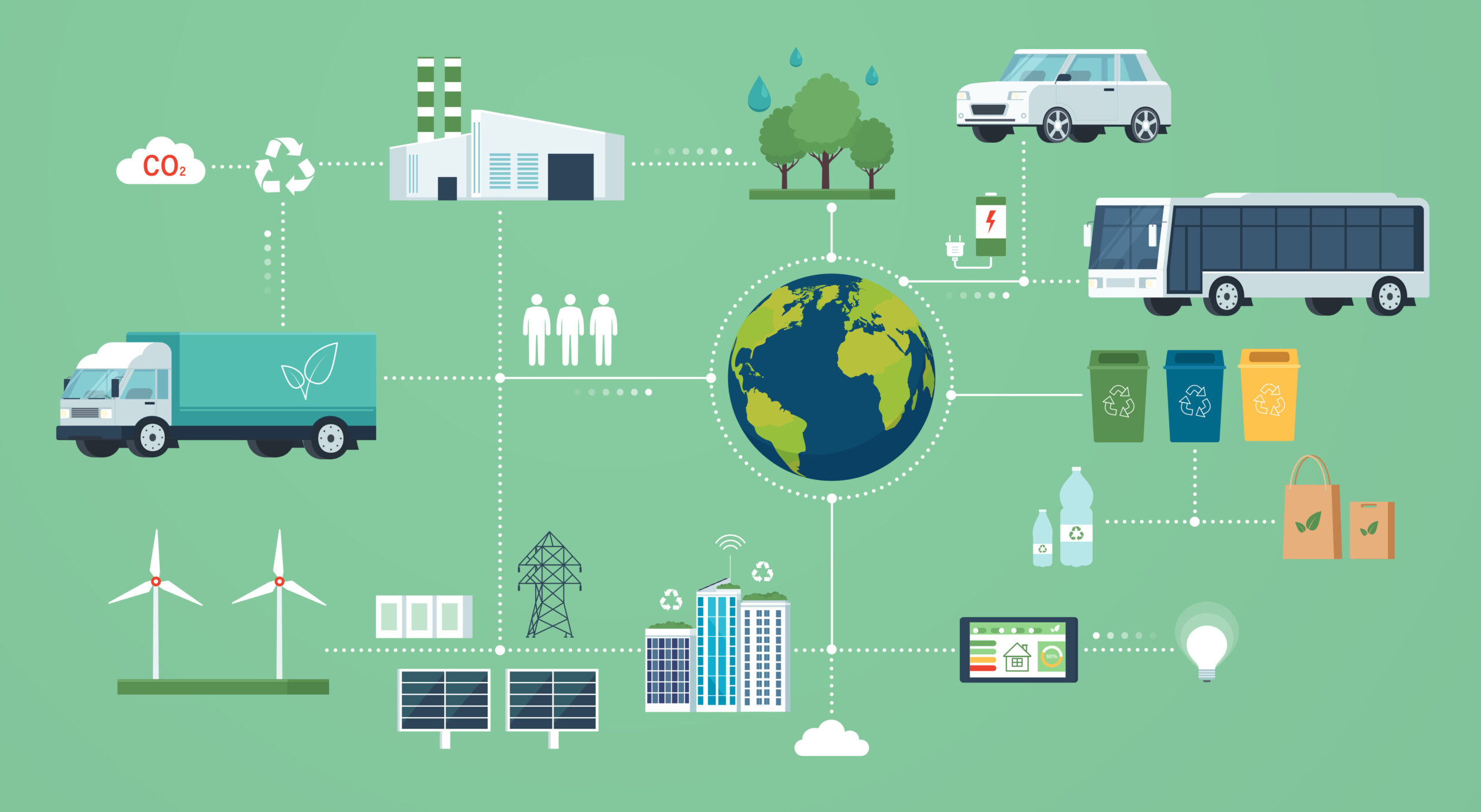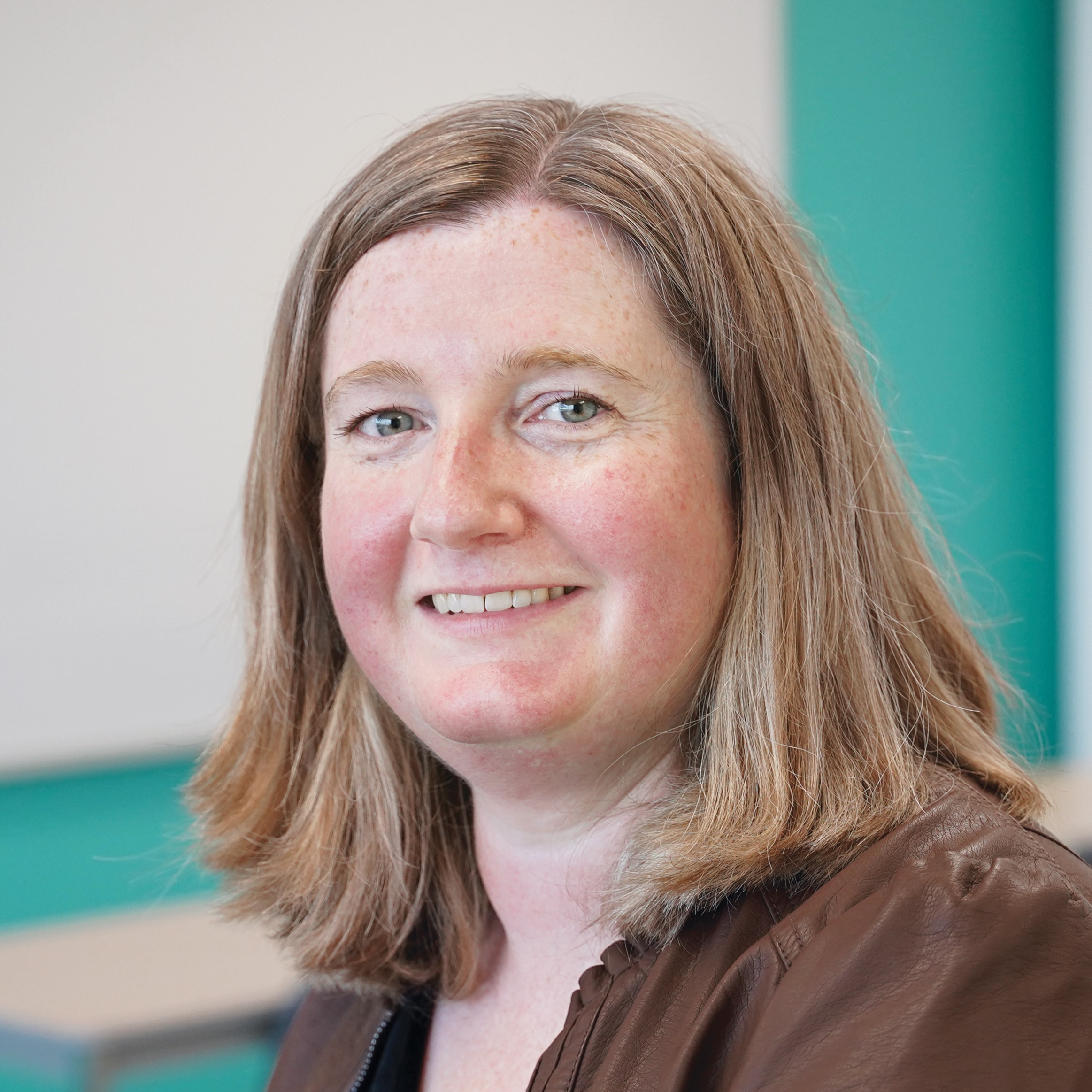Polytechnics are playing an important part in addressing the twin urgencies of developing a green-ready workforce and helping industry adopt sustainable practices. Reflecting on the insightful conversations held at the 2024 Polytechnic Showcase in May, Polytechnics Canada connected with speakers from Conestoga to discuss their session, Inspiring Sustainability in Research and Academics.
Anna Hohenadel, Accreditation Consultant at Conestoga’s School of Business and Nicole Detlor, Director of the Conestoga Food Research & Innovation Lab (CFRIL), elaborated on Conestoga’s ongoing efforts to advance the UN Sustainable Development Goals (SDGs) through campus operations, research and curriculum. They emphasized how these initiatives meet the growing local, regional and international demand for food research and innovation.
Polytechnics Canada: Can you provide a couple of examples of how the School of Business has implemented the United Nations’ Principles for Responsible Management Education (PRME)?
Anna Hohenadel: Conestoga’s School of Business has worked hard to implement PRME since signing on in November 2020. As one of the first Canadian colleges to become a signatory to PRME, we’re proud of the initiatives we have undertaken to meaningfully incorporate its principles, including:
- Establishing PRME as a key pillar in the School of Business’ strategic plan and setting metric-based goals for its implementation
- Using open education resources in courses and programs wherever possible, saving School of Business students $2.1 million since 2022
- Launching an Open Access Teaching Case Journal
- Developing a micro-credential to introduce Conestoga faculty to PRME and the United Nations’ 17 SDGs with the goal of supporting the integration of sustainability and responsible management education in the classroom
- Providing paid student opportunities (both full-time co-op and part-time positions) to enable student engagement and promotion
Results from our first two years as a PRME signatory have also been shared in our inaugural Sharing Information on Progress report.
PC: How does the integration of sustainability into business education prepare students to become environmentally conscious decision-makers?
AH: Integrating sustainability into business education through frameworks like PRME helps students develop a holistic understanding of sustainability, encourages critical thinking and incorporates real-world examples in the classroom. Becoming an environmentally conscious decision-maker requires that students have both an understanding of ethical leadership and the practical skills they need for sustainability reporting and green business practices. We want to teach the importance of engaging and collaborating with governments, non-governmental organizations and communities. We also look to address sustainability from multiple perspectives, enabling students to apply these lessons in a wide variety of settings.
PC: In what ways are Conestoga’s applied research initiatives impacting sustainable development in your local community? How are you monitoring the impact of these projects over time?
Nicole Detlor: CFRIL has supported an applied research project at our on-campus, student-run restaurant Bloom to improve the sustainability of its operations. This included the reduction of waste and food waste, the elimination of single-use packaging and becoming the first restaurant in Canada to display greenhouse gas emissions data on the menu. With the integration of our new software Klimato, we can track the amount of greenhouse gas generated by items on the Bloom menu. Specifically, this software calculates two key values, the absolute CO2 emissions per serving and a more digestible rating (A-E) based on the item’s carbon intensity. We also monitor the impact of using reusable packaging at our grab-and-go counter at Bloom.
CFRIL also supports industry partners with a focus on community-based sustainability initiatives. This includes food packaging companies working to improve recyclability or compostability, or companies that want to extend a food’s shelf life, reduce waste or repurpose prior waste streams. Our function is to support our partner’s needs. Wherever possible, we partner with organizations seeking sustainable products, services or alternatives.
PC: Considering the global challenge presented by climate change, does the institution have additional sustainability initiatives or goals? What opportunities exist to ramp up sustainability efforts at Conestoga?
ND: Conestoga is currently in the final stages of developing a campus-wide Sustainability Action Plan, led by Laura Matheson, embodying holistic sustainability: people, planet and prosperity, with a commitment spanning four pillars including leadership, community, operations and academics & research. For example, we have installed solar panels at some of our campuses, generating as much as 2.5 million kWh of renewable energy a year – enough to provide power to 225 homes. Also, Conestoga campuses use demand-response ventilation, where occupancy sensors determine the needs for cooling on high-energy demand days. The Sustainability Action Plan aims to weave sustainability throughout the institution in a meaningful, authentic and impactful way as we work to accelerate action for sustainability.


